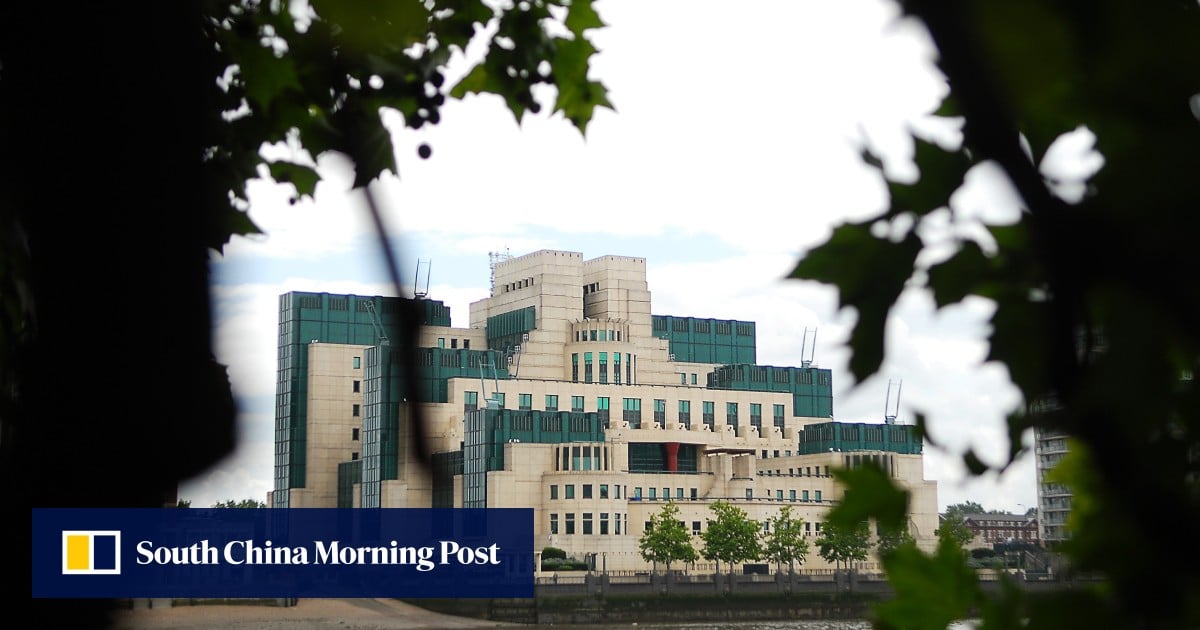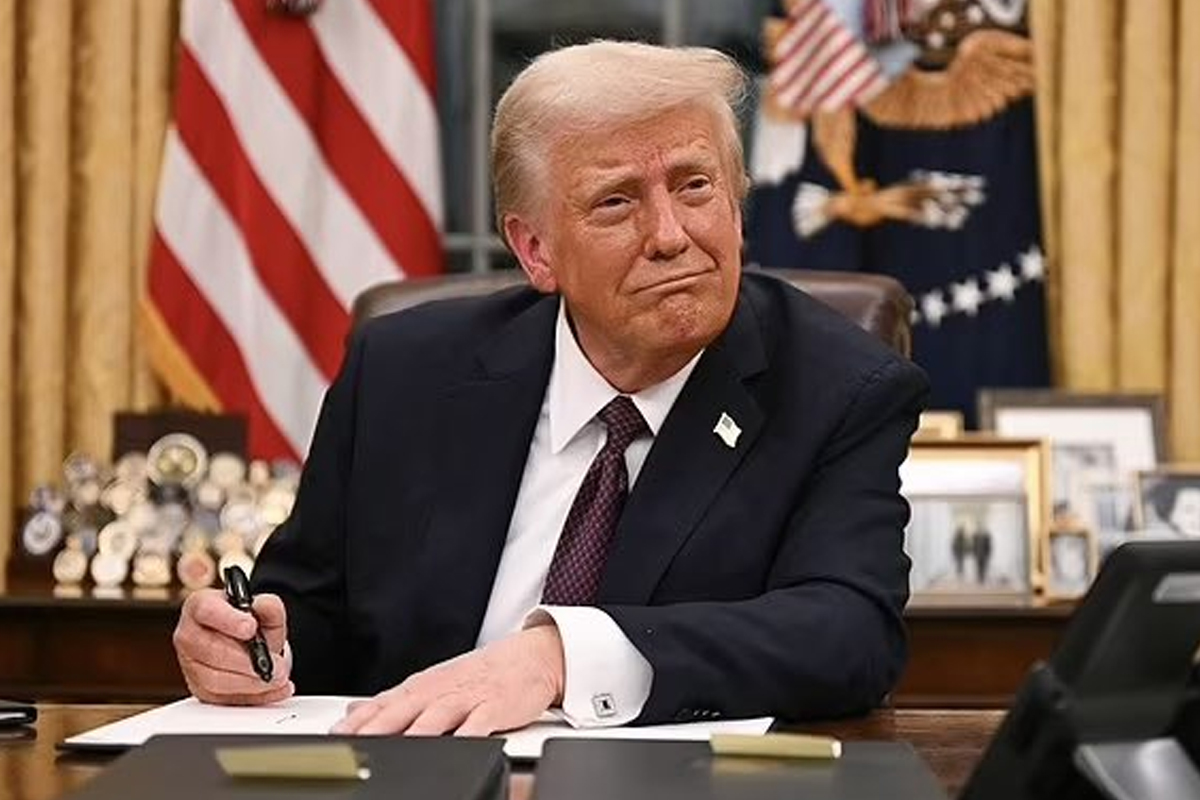China’s top spy agency says it has detained a foreigner accused of gathering information for the British Secret Intelligence Service, or MI6.
The ministry said on its WeChat social media account on Monday that the person was in charge of a foreign consultancy and had been recruited by MI6. It said the alleged spy – identified only by the surname Huang – was from a “third country”, without specifying their nationality, age or gender. The consulting firm was not named.
China lashes out at ‘ill-intentioned foreign forces’ over its anti-spying law
China lashes out at ‘ill-intentioned foreign forces’ over its anti-spying law
In the statement, the ministry said MI6 had developed a “cooperative relationship for intelligence” with Huang since 2015, and provided training and spy equipment.
It said Huang had visited China to collect intelligence and had provided classified national secrets to the British government, as well as helping to look for potential spies.
Huang has been detained and the ministry said their legal rights had been protected and consular visits arranged.
It is the first time China’s top spy agency has named MI6 in a case. The ministry has previously accused America’s Central Intelligence Agency of being behind a handful of espionage cases, including one involving a Chinese state-run arms company worker and another involving a government employee in an unnamed ministry.
The Chinese disclosures are part of a war of words with the West over intelligence efforts – especially with the Five Eyes alliance of Australia, Canada, New Zealand, the United Kingdom and the United States.
In October, Five Eyes intelligence chiefs accused China of intellectual property theft in hi-tech areas ranging from biotechnology to artificial intelligence.
In 2022, MI5 head Ken McCallum also warned of threats from Chinese seeking to influence British politics.
The definition of espionage has been broadened under the revised law, and it allows authorities to inspect an organisation’s facilities and electronic equipment and devices such as smartphones and laptops belonging to individuals suspected of spying.







